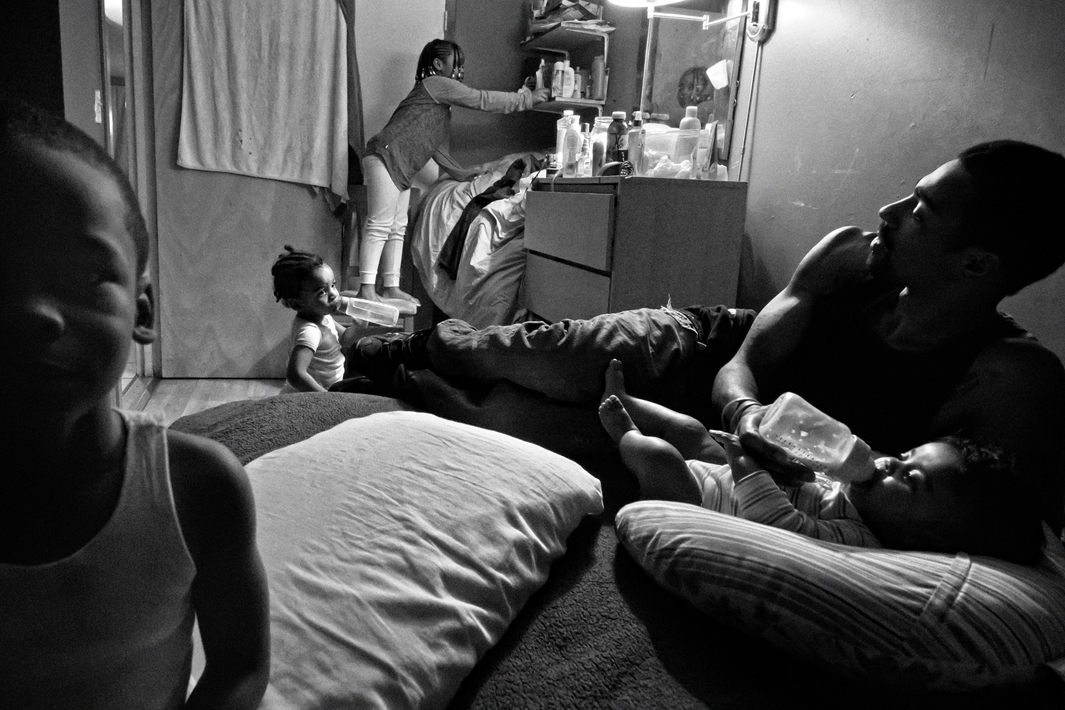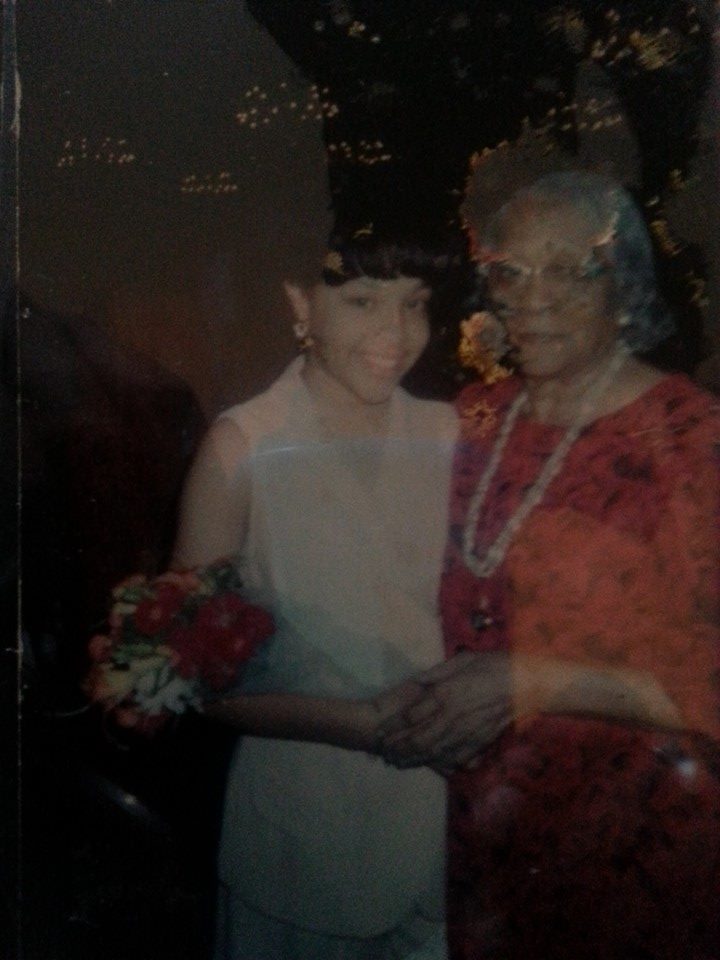At KellyFairtheMentor.com, we had the opportunity to interview Cynthia Boykin of What U Need Is… We are happy to share with you her insights and inspirations for mentoring and strengthening community!
 First, a little bio on our wonderful Cynthia Boykin. “The Master Networker”, she is the founder of What U Need Is…an essential connection between businesses and consumers in Chicago. As is said about the founder, “Cynthia is known for being able to build relationships, connecting the right people together skillfully and swiftly.”
First, a little bio on our wonderful Cynthia Boykin. “The Master Networker”, she is the founder of What U Need Is…an essential connection between businesses and consumers in Chicago. As is said about the founder, “Cynthia is known for being able to build relationships, connecting the right people together skillfully and swiftly.”
What Is She Proud Of?
Cynthia Boykin is proud to be on the leadership board of BOSS Network. Through this opportunity she was able to meet one of her mentors, Beverly Johnson (first black woman on the cover of Vogue). Following in her mentors footsteps, Cynthia was honored by being on the cover of Black Pages International Magazine in 2011 and 2012! Cynthia was honored to have been nominated as one of the 50 Women of Distinction by Six Brown Chicks. She’s proud to be part of such a vibrant, successful community of women entrepreneurs and business owners.
Who Have Been Her Mentors, Her Motivators?
Cynthia Boykin immediately thinks of the most positive influence in her life–her mother. Cynthia says that her mother is a “woman who lead by example”. In 1952 she joined the Women’s Army Corps, pushing gender boundaries to find fulfillment in her life. She has found that all the women in her life have been role models. Working with so many women entrepreneurs and go-getters have filled her head with many mentoring faces. Cynthia warmly gave an appreciated shout out to Kelly Fair, citing her work with Polished Pebbles as one of the best young girls mentoring program in Chicago. Thank you Ms. Cynthia Boykin!
Polished Pebbles works to provide examples of women, like Cynthia Boykin, to our girls. This can positively influence their self-perception, and goal setting! When surrounded by such intelligent, strong women it is hard not to set such high goals!
Does She Think She’s A Mentor? …Because We Sure Do!
Cynthia Boykin described herself as a possible example for other women. Now, here at Polished Pebbles we think she is being too modest. We are here to tell Cynthia Boykin, you are a mentor! She is a great resource connector and networker for her clients and community. She will use anything at her fingertips to support those she can, utilizing a “I got mine, now let me help you get yours” mentality. She sees her sponsorship, encouragement, and support as an investment in great, upcoming people, businesses, and organizations–future change-makers! She mentors by helping to open up doors for her clients, who help to better her community.
Now, What Does She Hope To See From Her Community?
She wants to see you, yes you readers, contributing to your communities! It can be through time, gifts, resources, or any other way of getting involved. She wants to see more community-centered businesses that are dedicated to the growth of their communities. If they build reciprocal relationships, then businesses can connect more with their consumers! She wants to see a united front of businesses, all dedicated to the same goal–bettering community. For Cynthia, businesses need to go at this goal with “more of a bang”.
We all need hope in our lives. Only by sharing our stories, experiences, advice, and wisdom with others can we encourage hope to grow!

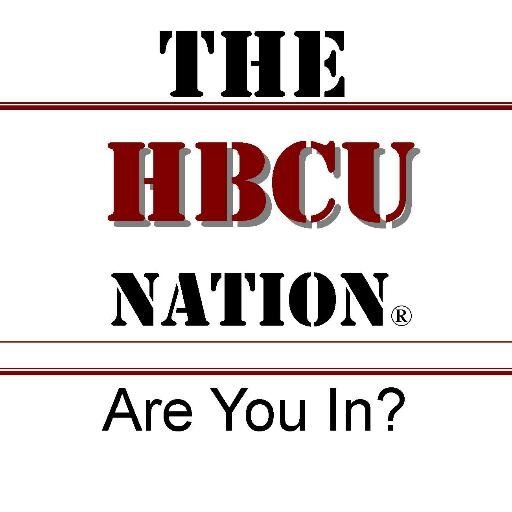

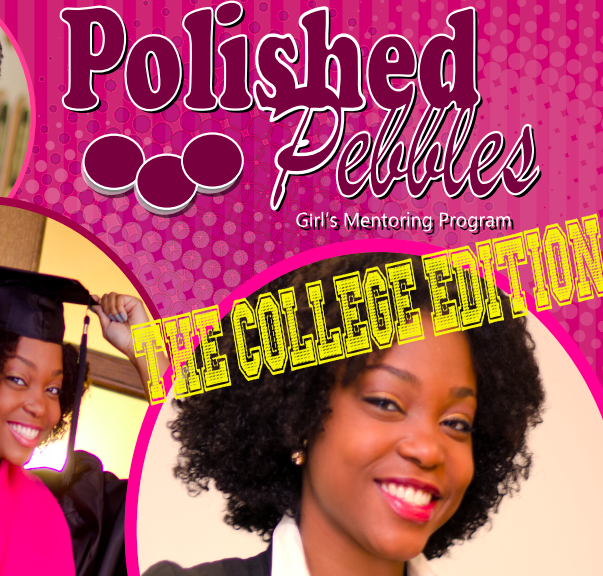

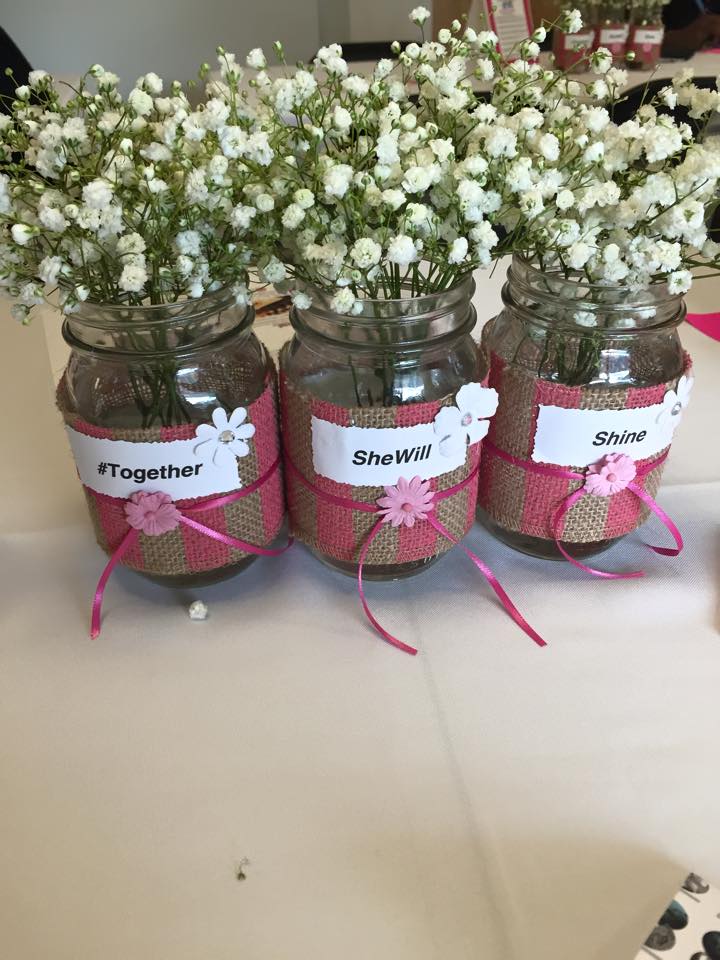

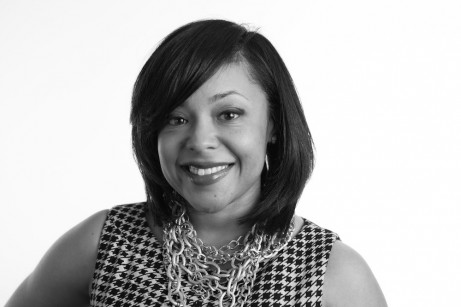

 We want you to know L’Oreal Thompson Payton!
We want you to know L’Oreal Thompson Payton!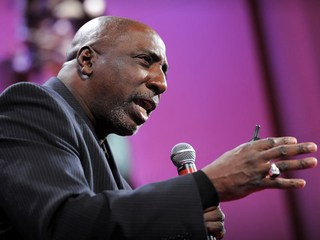

 supporter of both Polished Pebbles and Kelly Fair. He was more than happy to answer 3 important questions for us!
supporter of both Polished Pebbles and Kelly Fair. He was more than happy to answer 3 important questions for us!